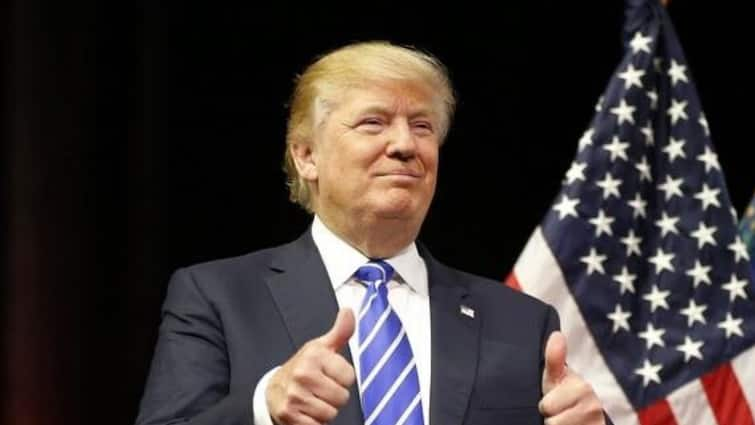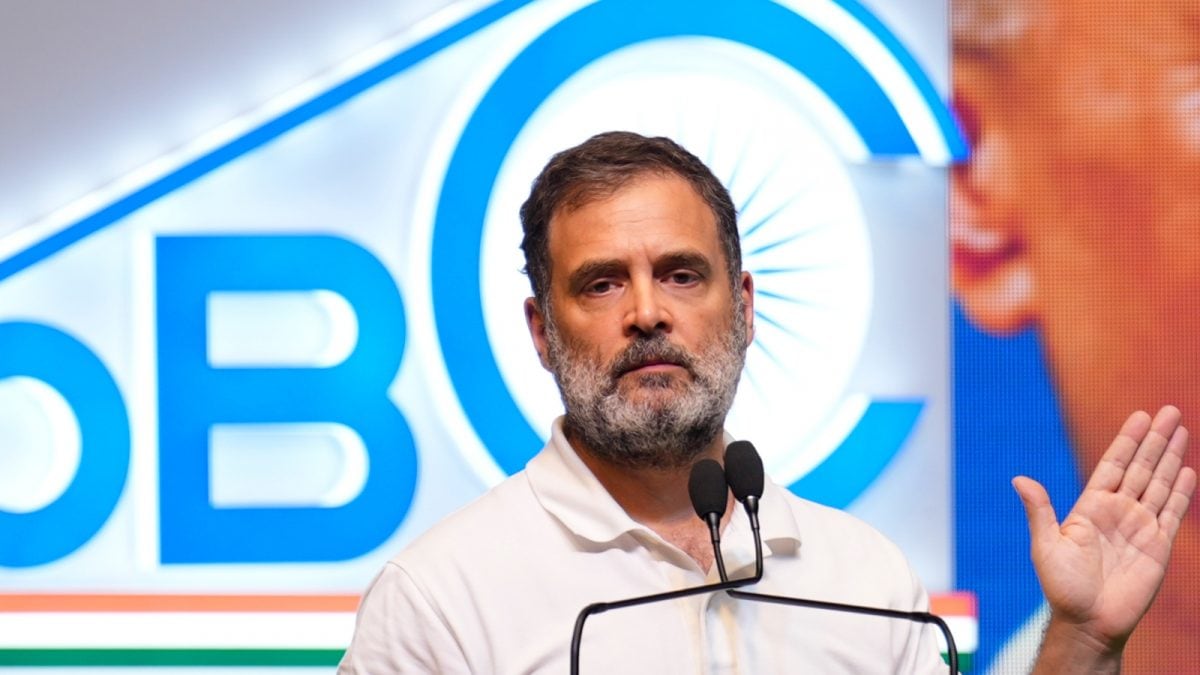US President Donald Trump’s sweeping use of emergency powers to impose broad import tariffs suffered a major legal blow on August 29, 2025, when the U.S. Court of Appeals for the Federal Circuit ruled that he had overstepped his authority.
In a 7–4 decision, the appellate court upheld a lower trade court’s finding that Trump misused the 1977 International Emergency Economic Powers Act (IEEPA) to justify tariffs on nearly all foreign trading partners, according to Economic Times. While agreeing that Trump exceeded his legal bounds, the panel stopped short of immediately voiding the tariffs, giving the administration time to appeal to the Supreme Court.
The ruling directly challenges Trump’s April tariff campaign, branded “Liberation Day,” when he declared the trade deficit a national emergency. Under that plan, countries with trade surpluses against the U.S. faced tariffs as high as 50%, while most others were hit with a 10% baseline levy. The measures roiled global markets, triggered inflation concerns, and forced countries like Japan, the UK, and the EU into fast-tracked trade talks to avoid harsher penalties.
Trump argued that IEEPA granted him broad discretion to act unilaterally, but the court reaffirmed that tariff-setting remains primarily under congressional authority.
What’s Next for Trump’s Trade Strategy?
The ruling has put the administration in a complicated bind, both legally and financially. If the tariffs are eventually overturned, Washington could be compelled to return billions of dollars in duties already collected—a serious hit to federal coffers that had drawn in $159 billion by July, more than twice the revenue from the same period last year, reported AP.
In a recent court filing, the Justice Department cautioned that canceling the duties could trigger “financial ruin” for the nation. At the same time, Trump’s authority to unilaterally impose new tariffs now hangs in the balance. He has pledged to appeal to the Supreme Court, but other legal mechanisms for raising import taxes exist, though they are less flexible and slower to implement.
The judgment casts significant uncertainty over the future of Trump’s hardline trade policy, ensuring that any new moves will be subject to fierce legal challenges and political pushback.



